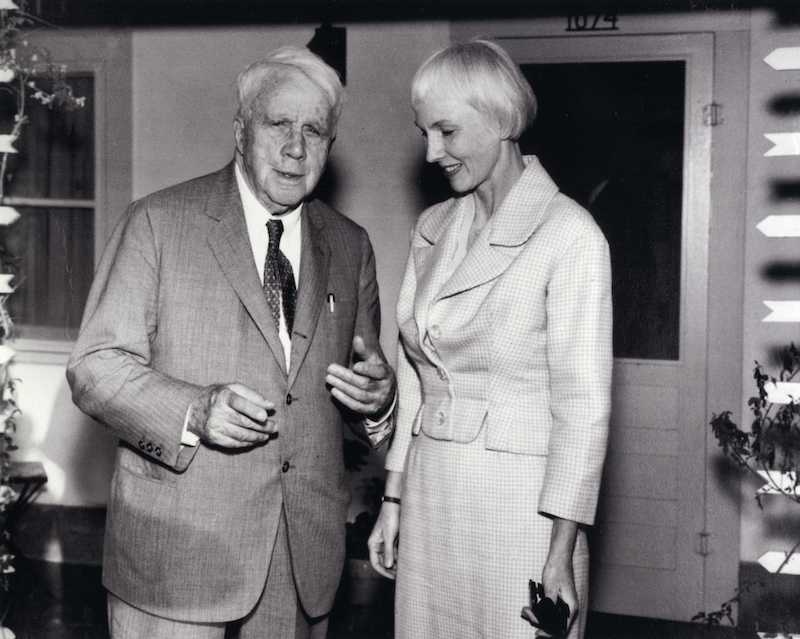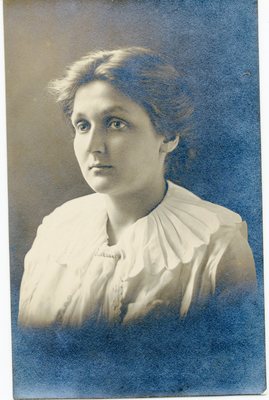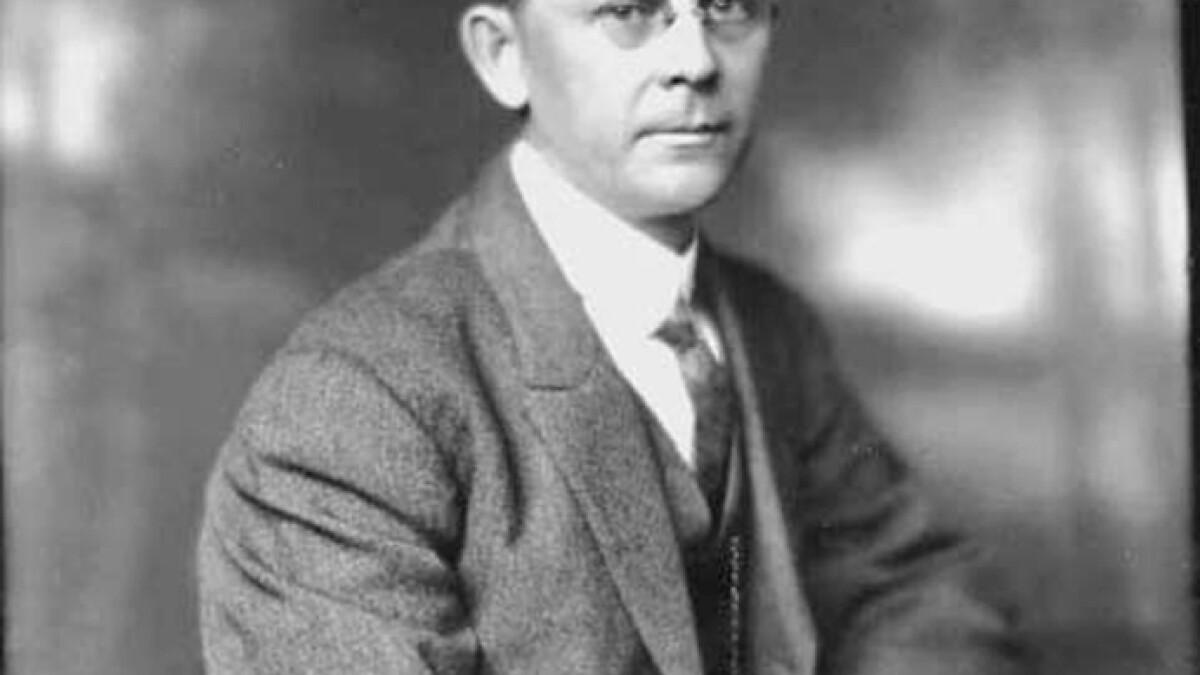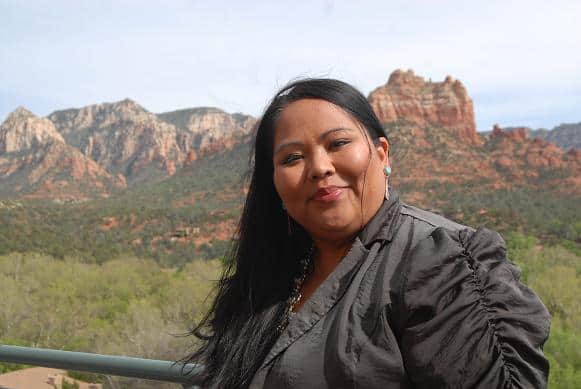Ruth Stephan: Poet, Philanthropist, and Founder of the University of Arizona Poetry Center
Ruth Stephan (1910–1974), the only daughter of Charles R. Walgreen, the founder of the Walgreens drugstore chain, was much more than the heiress to a business empire. She was a distinguished poet, novelist, publisher, record and film producer, and a passionate advocate for the arts. Stephan’s most enduring legacy within the literary world, particularly in Tucson, Arizona, is the founding of the University of Arizona Poetry Center in 1960, one of the most significant institutions dedicated to poetry in the United States.
Early Life and Literary Pursuits
Born into immense wealth, Stephan chose to dedicate her life to literature and the arts. Despite the expectations that often come with such a privileged background, she forged her own path, driven by a profound love of poetry and a desire to contribute to the cultural landscape. Stephan was not only an accomplished poet herself but also an enthusiastic supporter of other poets. Her work reflected her deep commitment to artistic expression, social issues, and the spiritual dimensions of life.
Her poetry was deeply personal and often explored themes of love, loss, and spiritual contemplation. In addition to her work as a poet, Stephan was a novelist and ventured into multimedia projects, producing records and films that centered around poetry and the arts.
Connection to Tucson and Ada McCormick
Stephan first came to Tucson, Arizona as a winter resident, escaping the harsh winters of her home in Connecticut. She often wrote in a cottage owned by her friend Ada McCormick, herself a key figure in Tucson’s cultural life. Eventually, Stephan bought McCormick’s cottage and an adjoining property. These buildings would later become the foundation of the University of Arizona Poetry Center, which Stephan established in 1960.
The center’s mission, from its inception, was to promote poetry as an art form, both for readers and writers. Stephan not only founded the center but also donated the buildings and provided the financial resources to ensure its sustainability. Her vision was to create a sanctuary for poetry where both emerging and established poets could thrive. Over the years, the UA Poetry Center has hosted numerous visiting poets and writers, including many luminaries of the literary world. Stephan’s legacy as a patron of poetry has thus continued to grow long after her passing.
The University of Arizona Poetry Center
The University of Arizona Poetry Center is one of Stephan’s crowning achievements. It remains an active, vibrant institution that supports the creation, teaching, and appreciation of poetry. The center houses one of the finest collections of contemporary poetry in the country, with over 80,000 volumes, including rare and unique works. Stephan’s dedication to the poetic arts has left an indelible mark on the Tucson poetry community and beyond.
The center has been instrumental in bringing poetry into the everyday lives of people in Arizona, hosting readings, workshops, and visiting writers. It continues to provide a space for poets to share their work with the public, fulfilling Stephan’s dream of fostering a deep connection between poets and their audiences.
Legacy
Ruth Stephan’s contributions to poetry and literature extend beyond her own writing. As a poet, she captured the human condition with precision and grace, but it was through her philanthropy and advocacy for the arts that she truly transformed the literary landscape. The UA Poetry Center stands as a testament to her vision and generosity, ensuring that generations of poets will have a space to share their work and that the Tucson community will continue to have access to the transformative power of poetry.
Though Stephan passed away in 1974, her influence is still felt today, not only in Tucson but in the broader world of American poetry. Her commitment to fostering a space where poetry could be celebrated and shared has made her a beloved figure in the literary community.
Further Reading and Sources:









